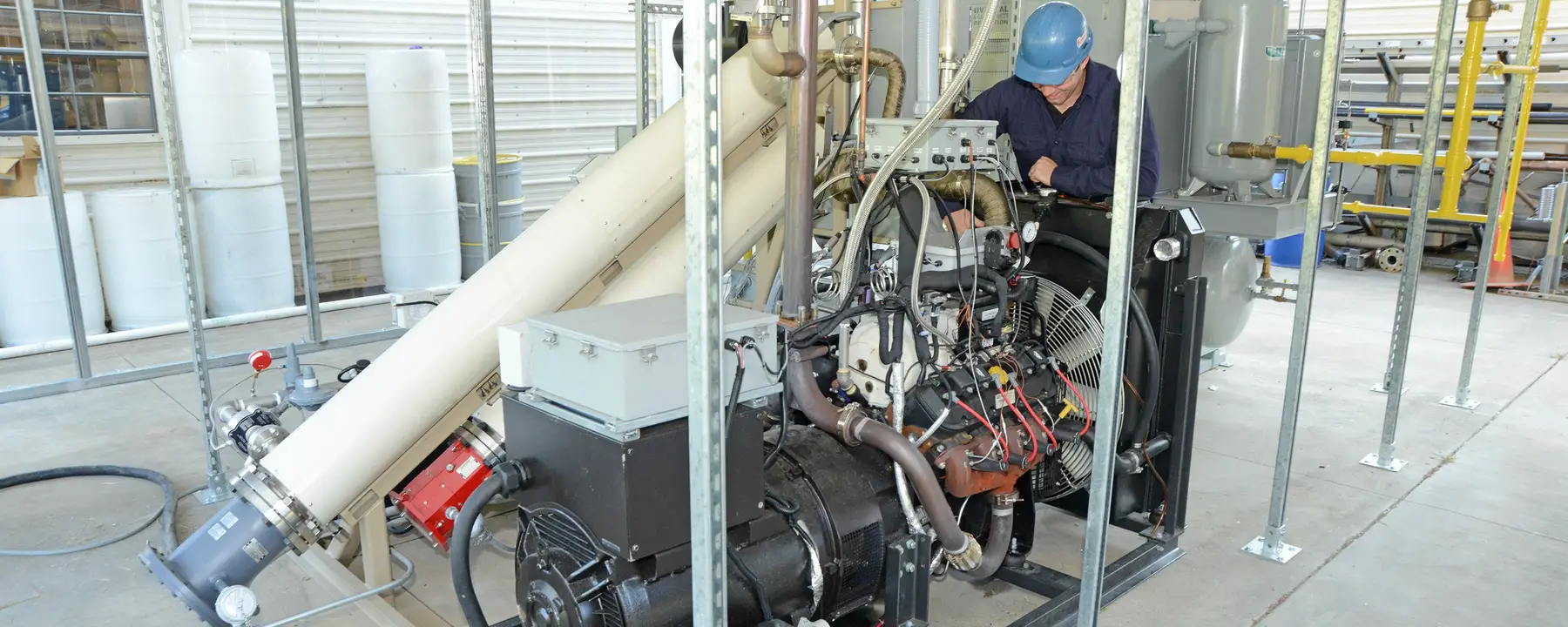Monetizing lost resources and reducing greenhouse gas emissions through innovation in natural gas conversion
With gas and oil prices subject to fluctuation in response to political instability within regions home to most of the world’s petroleum reserves, the pursuit of cost-effective alternative fuel sources such as natural gas has escalated.
Increases in unconventional oil and gas production have substantially reduced the United States’ dependence on foreign crude. However, despite the abundance of domestic natural gas and shale oil reserves they are often in found in isolated locales.
Unconventional oil production can lead to substantial production of associated gas that is not utilized. The United States Energy Information Administration (EIA) reported that the United States flared more than 260 billion cubic feet of natural gas in 2013, and more than 0.31 billion cubic feet per day (Bcf/d) of natural gas. Around 22 percent of non-marketed natural gas in the U.S. is flared or vented in North Dakota alone. As natural gas production increases, the search is on for new technologies to address waste related to flaring and venting natural gas.
One potential solution is small-scale gas-to-liquid (GTL) systems, which can help monetize the distributed gas resources by turning them into fuels or commodity chemicals such as methanol and reduce the need for flaring. These systems could also play a role in reducing greenhouse gas emissions.
Using Reformer Technology to Reduce Costs through Natural Gas Conversion
Working with MIT, Columbia University, and industrial partners, we are developing a small-scale GTL system that converts natural gas by integrating existing internal combustion engine technology with methanol synthesis. Our compact reformer produces synthesis gas—the first step in the commercial process of converting natural gas to liquid fuels.
By combining engine reformer technology with methanol synthesis, we were able to optimize engine performance to achieve a H2/CO ratio of greater than 1.8 with 90 percent methane conversion. We were also able to optimize methanol synthesis to greater than 50 percent conversion of methane to methanol utilizing air and methane feeds, which can reduce costs associated with gas resourcing. Our technology can be applied to other products, including Fischer-Tropsch (FT) liquids, dimethyl ether (DME), and ammonia.
As we pursue continued development, we will operate an integrated gas conversion system with a commercially produced 8.1 liter engine at our North Carolina campus to demonstrate the small-scale conversion of natural gas to methanol and generate the necessary engineering data to design a commercial prototype. We are also engaged with industry leaders on the methanol synthesis system design and commercialization options.
Enabling Economically Competitive, Efficient Use of Distributed and Stranded Natural Gas
We are designing the reformer to be compact, making it suitable for use at small, remote sites where natural gas resources are extracted. The reformer will also be inexpensive and easily integrated with small-scale chemical reactors.
By employing equipment that can leverage mass production approaches, our reformer technology can overcome the large capital cost hurdles associated with conventional, large scale gas-to-liquids plants.
If successful, the compact size of our natural gas reformer would allow for distributed right-in-time deployment, and serve as an enabling technology for micro gas-to-liquid plants capable of economically producing ~5,000 gallons of equivalent liquid fuels per day. In addition to reducing greenhouse gas emissions, this achievement would also decrease U.S. dependence on foreign oil by enabling producers to tap into hard-to-reach natural gas reserves.
This technology platform has the potential to reduce greenhouse gas emissions from flaring, allowing a wasted resource to be converted to useful products. The approach delivers low capital expenditures and fast replacement times, in addition to creating a methanol product that represents a viable entry into the established fuels market. Deployed at commercial scale, the potential savings associated with this approach are staggering. If only 50 percent of non-marketed natural gas were recovered, savings could reach $7.5 billion per year.
- U.S. Department of Energy (DOE)
- Advanced Research Projects Agency-Energy (ARPA-E)
- Massachusetts Institute of Technology
- Columbia University

